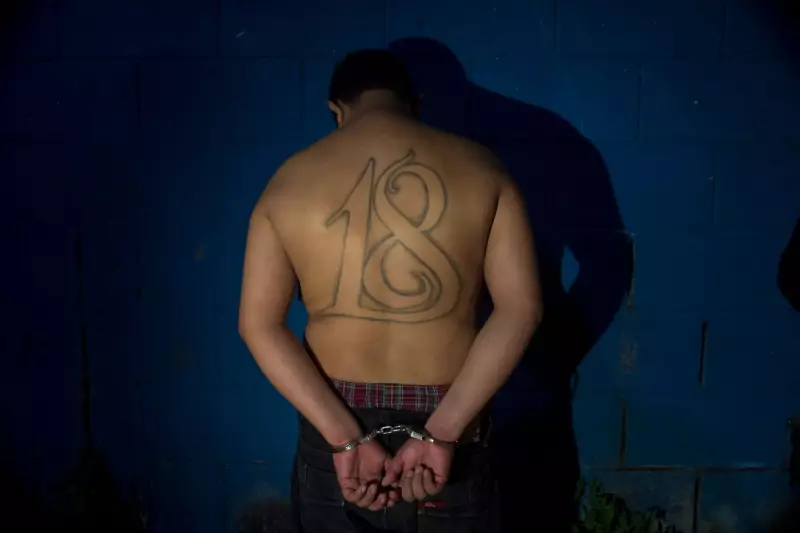
In a significant development for US-Latin American relations, former President Donald Trump has publicly endorsed El Salvador's controversial leader, Nayib Bukele, describing him as "cool" and praising his hardline approach to governance.
A Surprising Seal of Approval
During a recent public appearance, Mr Trump expressed strong admiration for President Bukele's methods, particularly his crackdown on criminal gangs which has dramatically reduced violence in the Central American nation. "This guy is really cool," Trump remarked, highlighting the dramatic transformation he believes Bukele has achieved in a country once considered one of the world's most dangerous.
The Bukele Method: Security Above All
President Bukele's administration has implemented sweeping measures against gang violence, including states of emergency and mass incarcerations. While criticised by human rights organisations for alleged authoritarian tendencies, these policies have proven popular domestically and have now caught the attention of the former US president.
Trump specifically commended Bukele for:
- His uncompromising stance against criminal organisations
- Dramatically improving national security statistics
- Taking decisive action where previous administrations had failed
- Prioritising national sovereignty in policy decisions
Implications for US Foreign Policy
This endorsement signals a potential shift in how future Republican administrations might approach relations with Latin American leaders who employ strongman tactics. Trump's praise suggests he values results over democratic norms, a stance that could reshape diplomatic engagements in the region.
Analysts suggest this alignment with Bukele reflects Trump's continued commitment to an "America First" foreign policy that prioritises security cooperation over traditional democratic values promotion.
Regional Reactions and Concerns
The endorsement has drawn mixed reactions across Latin America, where many leaders view Bukele's methods with suspicion. Human rights advocates have expressed concern that Trump's validation could embolden other regional leaders to emulate Bukele's approach, potentially undermining democratic institutions throughout the hemisphere.
Meanwhile, the Biden administration maintains a more cautious stance toward El Salvador, continuing to express concerns about civil liberties while acknowledging improvements in public security.






